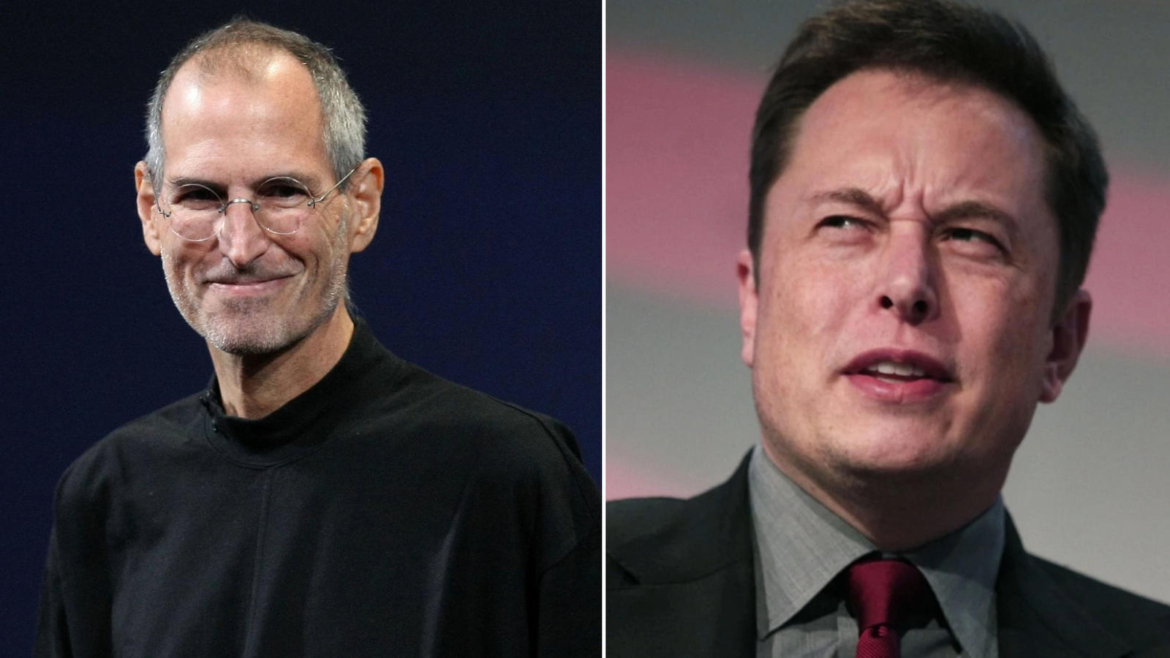In a peculiar parallel that spans 17 years, two defining moments involving prank orders highlight the stark contrast between tech giants and small businesses. The stories of Steve Jobs‘ Starbucks call and Elon Musk‘s bakery debacle offer a fascinating glimpse into corporate responsibility and the power of public accountability.

During the groundbreaking 2007 iPhone launch, Steve Jobs showcased the device’s capabilities with a spontaneous call to a local Starbucks. “I want 4,000 coffees,” he quipped to a bewildered employee before quickly ending the call with “Just a joke, I called the wrong number.” The audience laughed, the presentation continued, and the $20,000 order never materialized. It was a harmless demonstration that became tech industry lore.
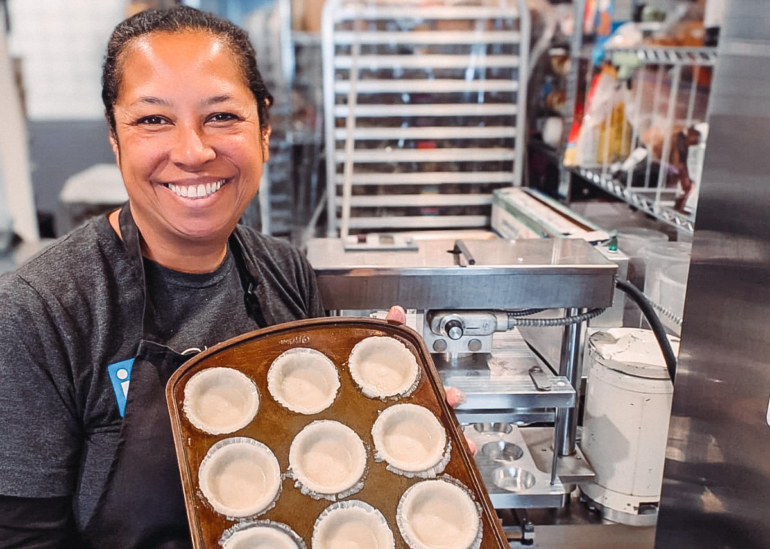
Fast forward to February 2024, when The Giving Pies, a Black-owned bakery in San Jose, received what seemed like a legitimate order from Tesla for 2,000 mini pies. Owner Voahangy Rasetarinera was initially excited about the opportunity, especially during Black History Month. When the order doubled to 4,000 pies, she and her team worked overtime, turned down other business, and invested significantly in fulfilling the massive request.

What followed exposed the vulnerability small businesses face when dealing with corporate giants. The payment responsibility shifted to an external provider, deadlines passed without compensation, and eventually, the order was formally canceled on February 16—after the pies had been made and other opportunities lost. “It was clear that Tesla’s corporate culture prioritized convenience over accountability,” Rasetarinera later stated on Instagram.
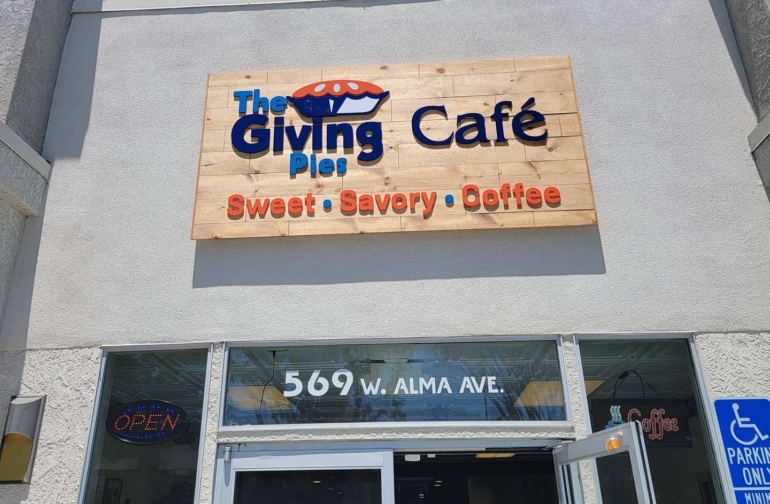
Unlike Jobs’ ten-second prank that ended before causing harm, Tesla’s unfulfilled commitment had real consequences for a small business owner. The bakery’s story might have ended there, buried beneath countless similar tales of corporate oversight, had it not been for social media and traditional press coverage that eventually caught Elon Musk’s attention.
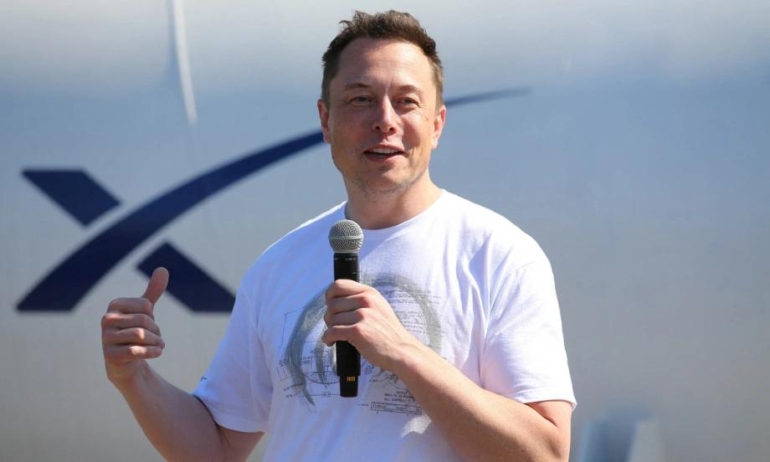
When confronted with the viral story, Musk responded on his platform X (formerly Twitter): “I will make things right for the bakery.” The billionaire personally settled the $2,000 invoice, though accounts differ on whether he took further steps to support the business. Some reports suggest he arranged to purchase all pies the bakery could produce, with donations going to local charities.
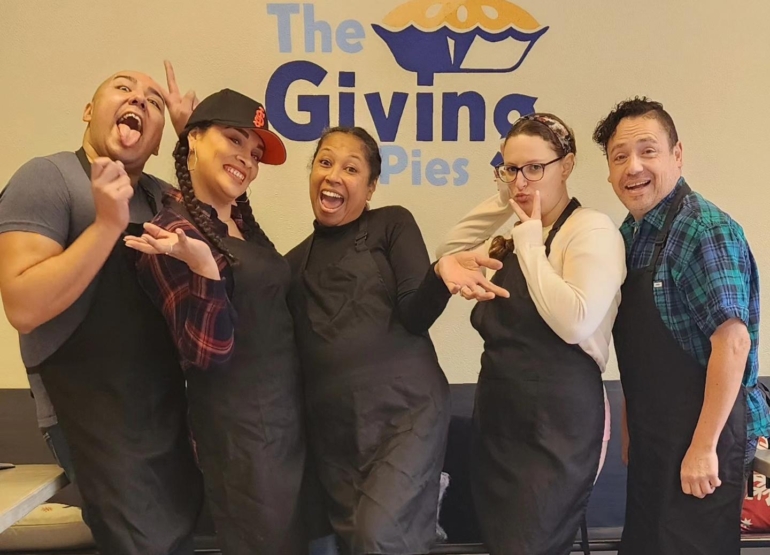
The incident sparked an outpouring of community support, with hundreds of customers lining up to buy pies and donations arriving from as far away as Europe. What began as a corporate misstep transformed into a showcase of community solidarity with a small business.
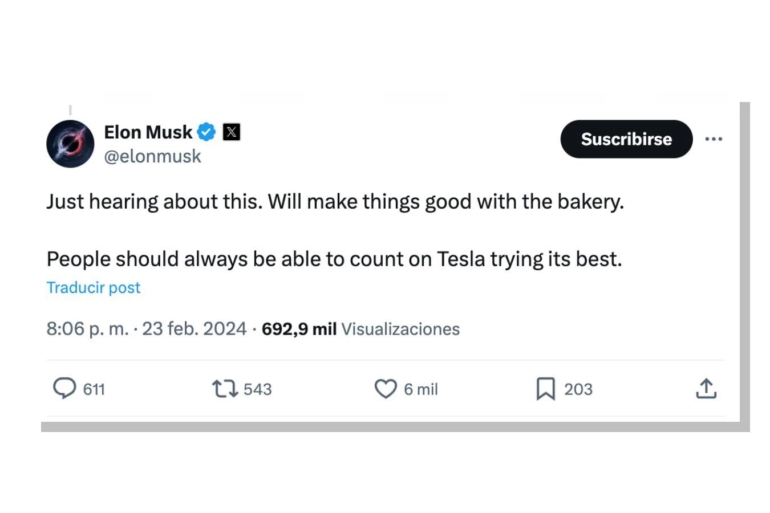
These twin tales of 4,000 coffees and 4,000 pies illustrate an important lesson: in the digital age, the power dynamic between corporations and small businesses is shifting. While Jobs’ stage-managed prank remained a lighthearted anecdote, Tesla’s real-world impact on a small bakery became a public relations challenge requiring CEO intervention.
The contrasting incidents remind us that in an era of social media and instant accountability, even the most powerful companies can be held responsible for their actions. For small business owners, the story offers both caution about corporate dealings and hope that public voices can sometimes balance the scales when deals go sour.
